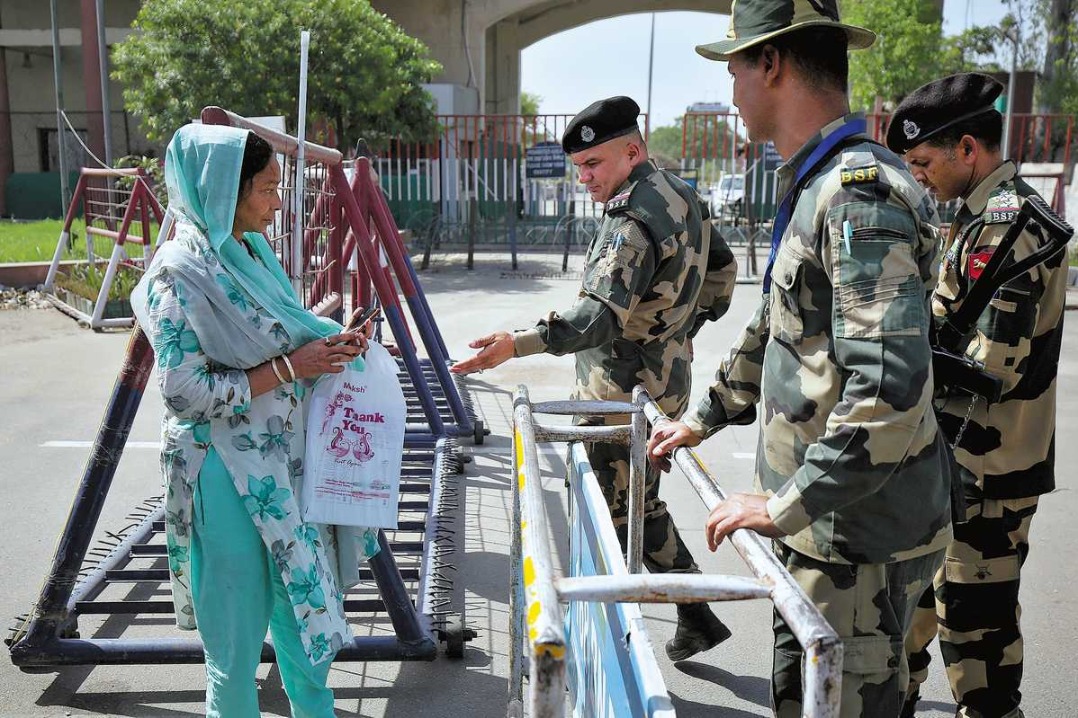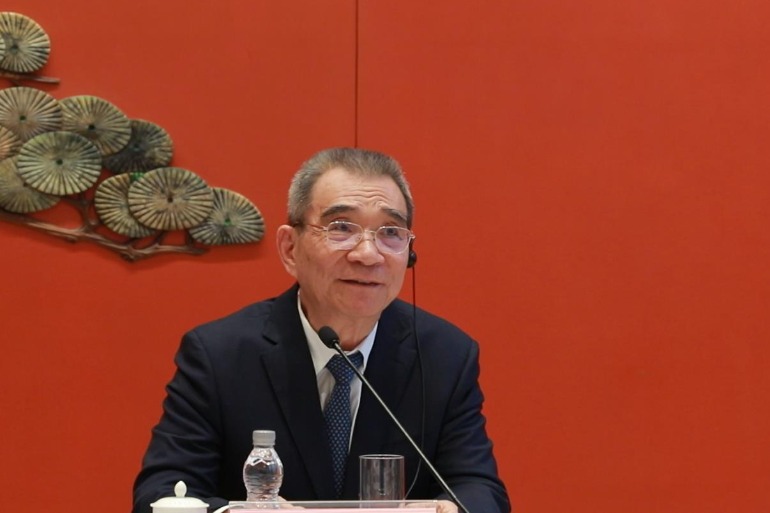IAEA says indications show DPRK's nuclear reactor could be operating
Xinhua | Updated: 2017-09-11 20:15
VIENNA -- The UN nuclear agency on Monday said the Yongbyon Experimental Nuclear Power Plant reactor could be operating according to the indications of the plant.
In a statement to the board governor meeting in Vienna, the International Atomic Energy Agency (IAEA) said it was concerned over the Democratic People's Republic of Korea (DPRK)'s latest nuclear test.
"There were indications at the Yongbyon Experimental Nuclear Power Plant suggesting that the reactor was being operated. At the Yongbyon Nuclear Fuel Rod Fabrication Plant, there were indications consistent with the use of the reported centrifuge enrichment facility," said Yukiya Amano, head of IAEA.
The IAEA chief said IAEA keeps following the development of DPRK's nuclear program, although the country is not under the IAEA's safeguard regime.
Last month, a DPRK Team was formed in the Department of Safeguards to enhance the ability to monitor the DPRK's nuclear program, according to IAEA.
On Sept. 3, the DPRK's Korea Central Television announced that the country had successfully detonated an H-bomb, a hydrogen bomb that can be carried by an intercontinental ballistic missile.
In a statement to the board governor meeting in Vienna, the International Atomic Energy Agency (IAEA) said it was concerned over the Democratic People's Republic of Korea (DPRK)'s latest nuclear test.
"There were indications at the Yongbyon Experimental Nuclear Power Plant suggesting that the reactor was being operated. At the Yongbyon Nuclear Fuel Rod Fabrication Plant, there were indications consistent with the use of the reported centrifuge enrichment facility," said Yukiya Amano, head of IAEA.
The IAEA chief said IAEA keeps following the development of DPRK's nuclear program, although the country is not under the IAEA's safeguard regime.
Last month, a DPRK Team was formed in the Department of Safeguards to enhance the ability to monitor the DPRK's nuclear program, according to IAEA.
On Sept. 3, the DPRK's Korea Central Television announced that the country had successfully detonated an H-bomb, a hydrogen bomb that can be carried by an intercontinental ballistic missile.
Related Stories
- Russia does not accept DPRK's nuclear status
- Xi, Merkel hold phone talks over China-Germany ties, DPRK issue
- UN action along with talks is the way to solve DPRK issue
- China's ambassador to the UK: Beijing is not the key to DPRK crisis
- Germany's Merkel offers diplomatic initiative for DPRK nuclear issue: report
- Beijing agrees with UN response to DPRK nuclear test
Editor's Pick
























